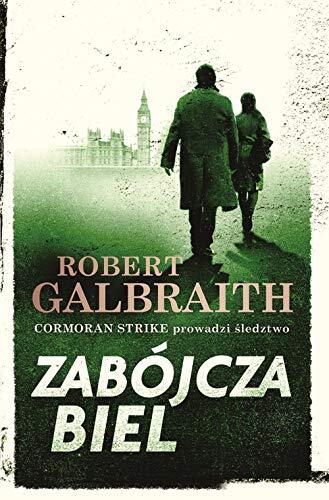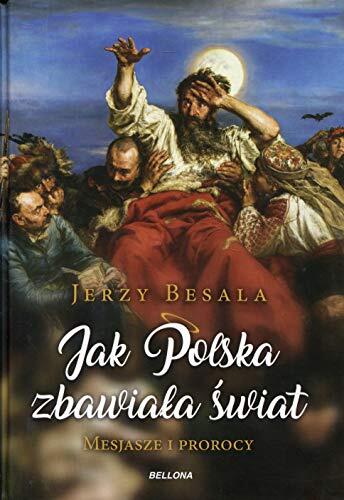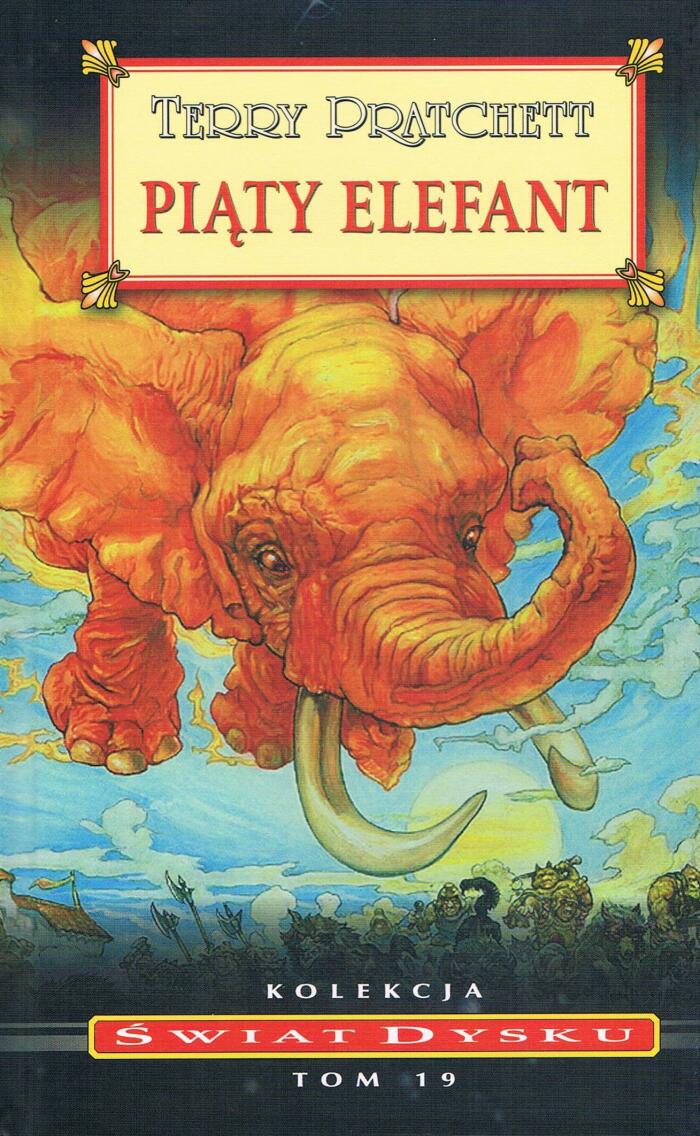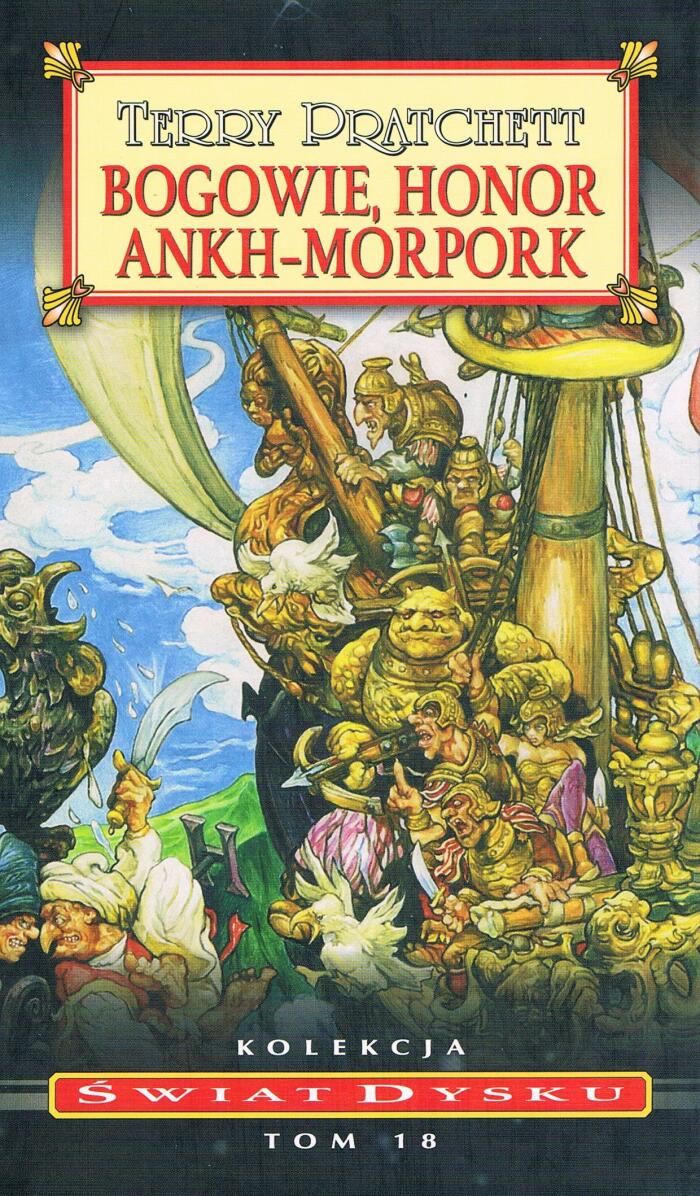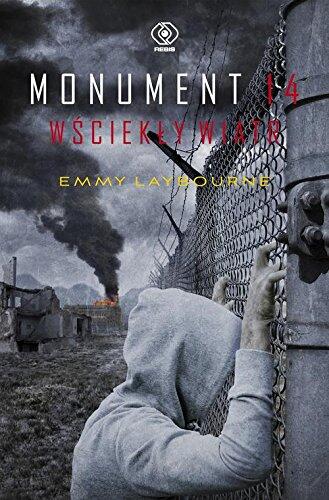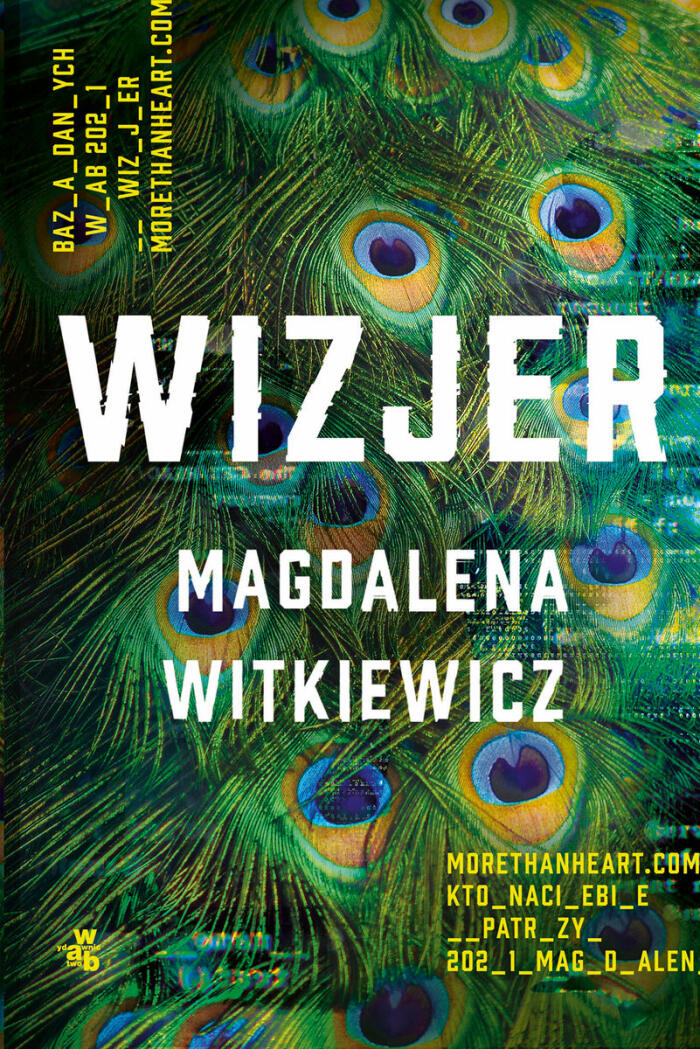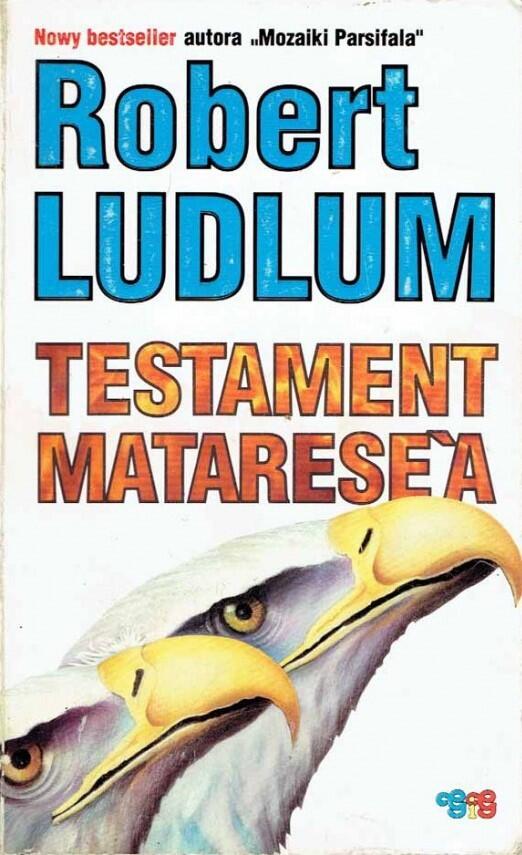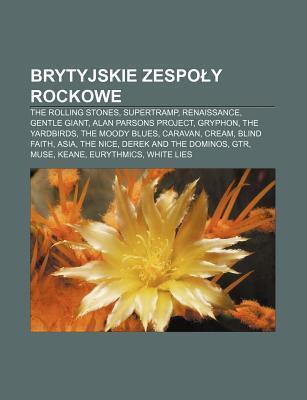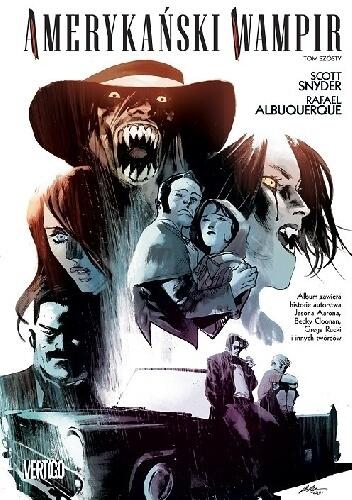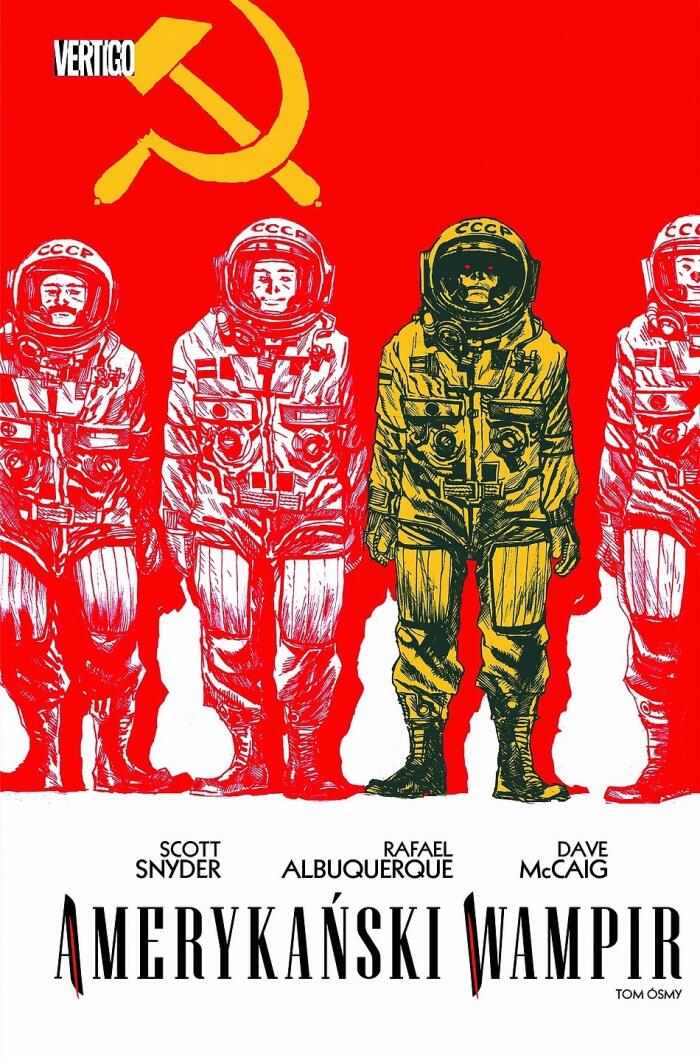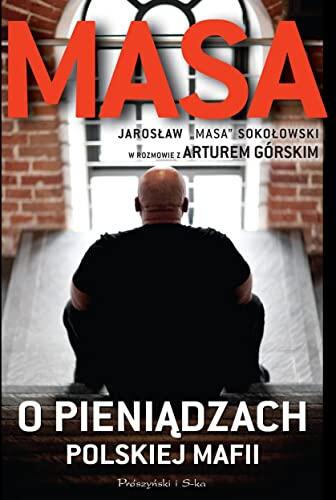
Masa o pieniadzach polskiej mafii
by:
Artur Górski
Edition: 1
Language: Polish
Format: Paperback
ISBN 10: 837961058X
ISBN 13: 9788379610587
Publication date:
January 1st, 2016
Publisher: Prószyński Media
Pages: 272
Genres: Mystery
Artur Górski delves into the enigmatic world of the Polish mafia in this investigative narrative, uncovering the intricate web of organized crime and its ties to the economy. He takes readers on a gripping journey through the dark underbelly of society, revealing the interplay between money, power, and violence. Górski's meticulous research paints a vivid picture of the individuals who constitute this clandestine network, exploring their motivations, ambitions, and the consequences of their actions.
Throughout the narrative, Górski unpacks the socio-political landscape that has allowed such organizations to thrive, offering insights into the cultural and economic factors contributing to their rise. He effectively intertwines personal anecdotes with factual accounts, providing a compelling examination of a world often shrouded in mystery. The book invites readers to confront uncomfortable truths about the dynamics of crime and commerce, leaving them with an unsettling awareness of its far-reaching implications.
As the story unfolds, Górski's nuanced approach prompts reflection on morality and the human condition, compelling readers to ponder the cost of crime, not just on victims but on society as a whole. With sharp observations and a captivating prose style, the narrative serves as both an eye-opening expose and a thought-provoking exploration of the complexities of lawlessness within contemporary Poland.
Throughout the narrative, Górski unpacks the socio-political landscape that has allowed such organizations to thrive, offering insights into the cultural and economic factors contributing to their rise. He effectively intertwines personal anecdotes with factual accounts, providing a compelling examination of a world often shrouded in mystery. The book invites readers to confront uncomfortable truths about the dynamics of crime and commerce, leaving them with an unsettling awareness of its far-reaching implications.
As the story unfolds, Górski's nuanced approach prompts reflection on morality and the human condition, compelling readers to ponder the cost of crime, not just on victims but on society as a whole. With sharp observations and a captivating prose style, the narrative serves as both an eye-opening expose and a thought-provoking exploration of the complexities of lawlessness within contemporary Poland.

